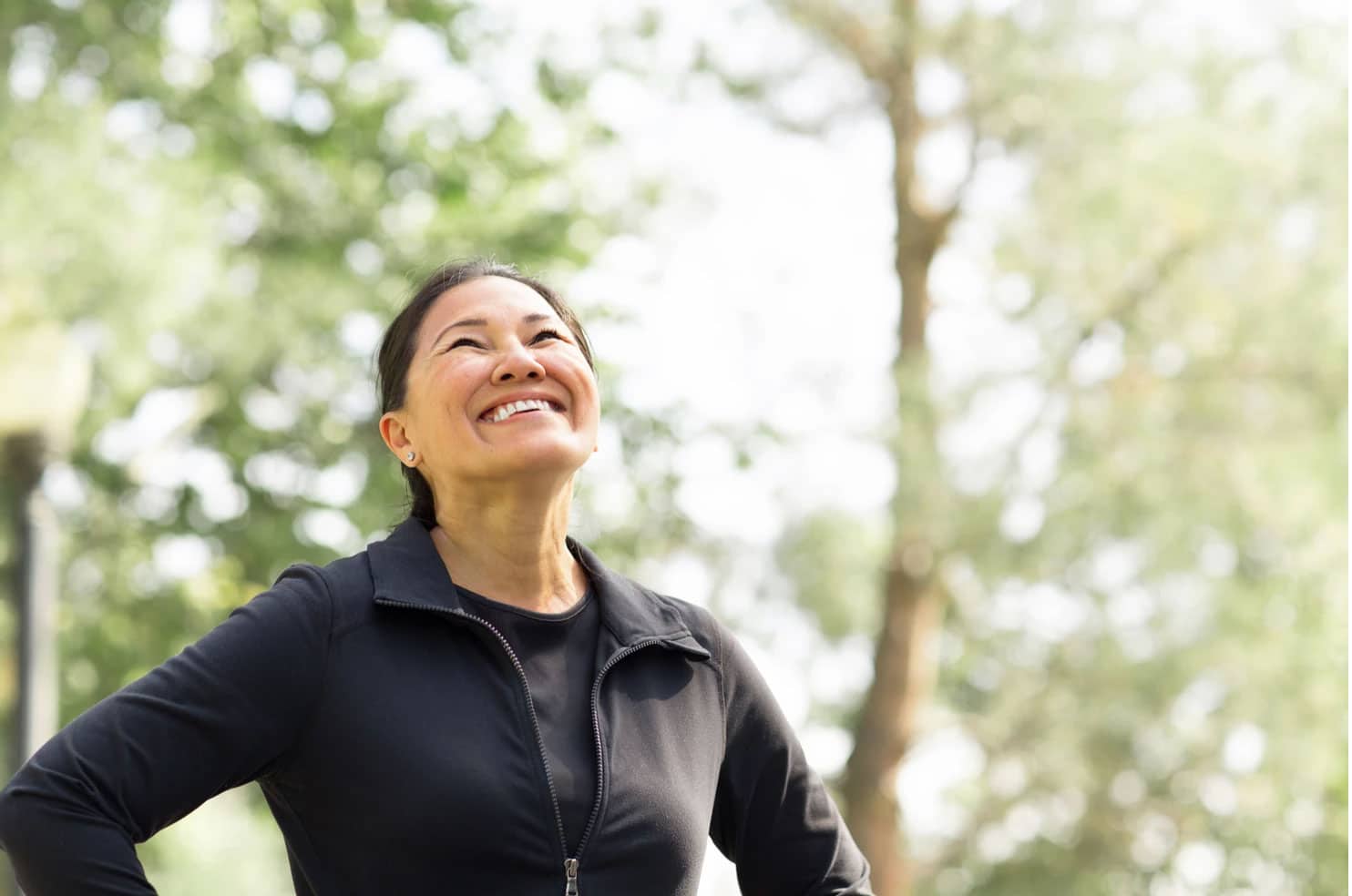
Breathing Mechanics and Physiology: Why Better Breathing Means Better Health
We breathe over 20,000 times a day, yet most of us don’t think twice about it. But if you struggle with chronic pain, fatigue, stress,
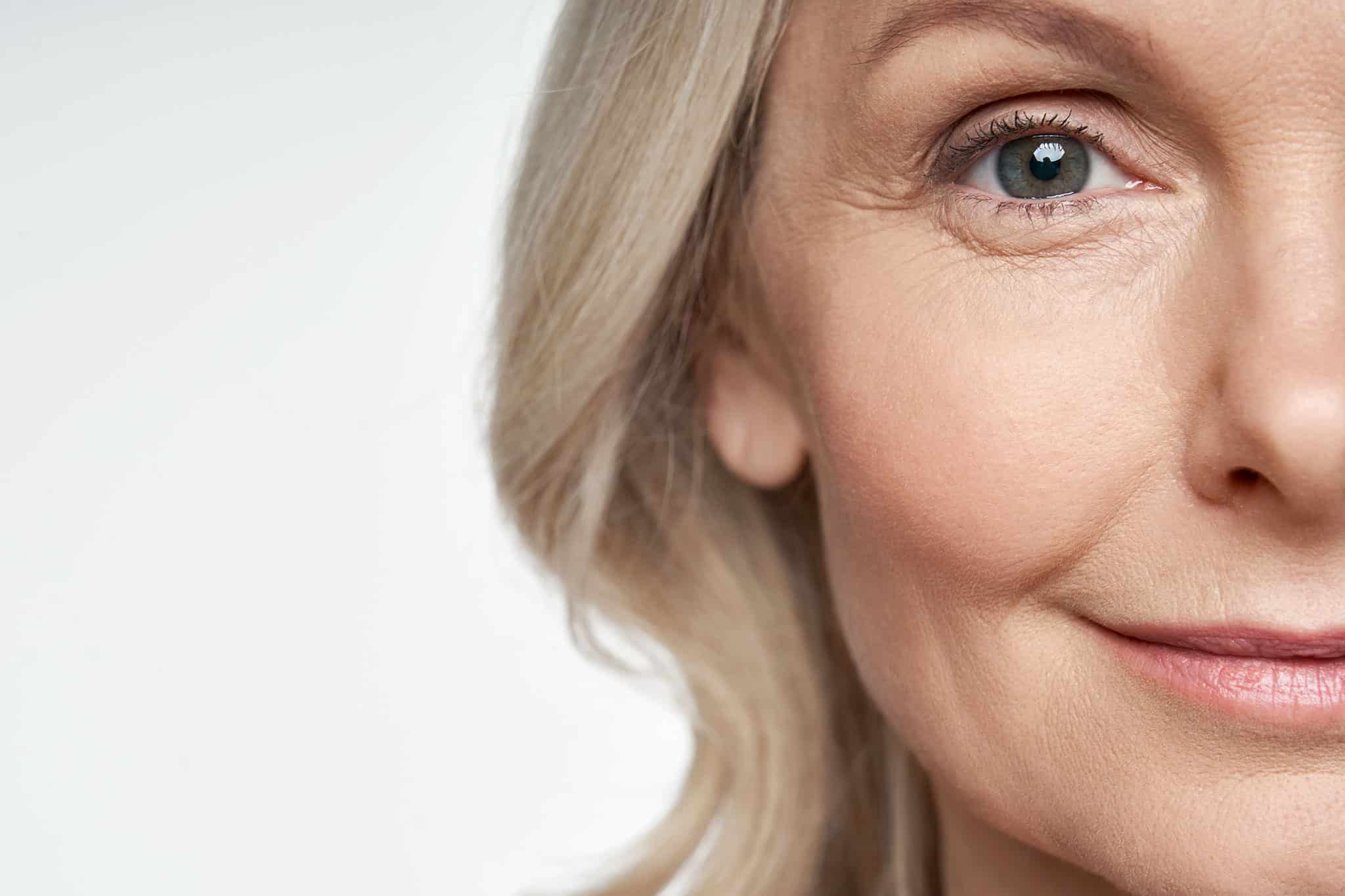
I recently had the pleasure of joining two amazing women on a course from Follow Your Flow about menopause, Sara Harris and Bianca Barban. Sara joins me in writing this article to bring some more awareness to what goes on for a woman at this all-important stage of life and the impact of stress.
Living with stress has become so normal in today’s world.
It shouldn’t surprise any of us that it is implicated in causing or being a factor in the development of so many conditions, lifestyle diseases along with simply affecting how we feel day to day including the quality of our sleep.
Therefore, it should also be of no surprise that when it comes to how our body copes with the changes and transitions that naturally occur in our lives such as with peri-menopause and menopause, that stress would play a major part.
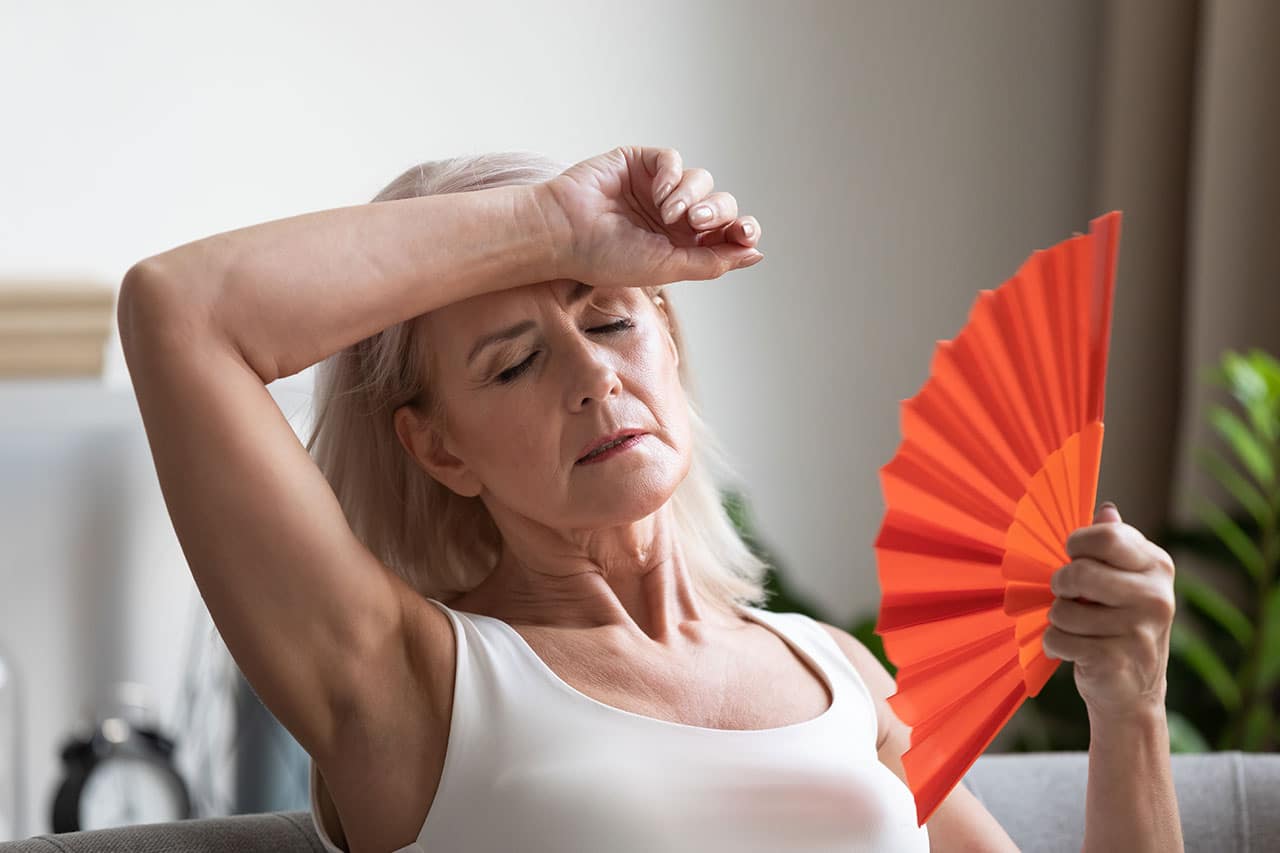
Our bodies and systems are finely tuned to hormones.
For women particularly the two powerhouse hormones of oestrogen and progesterone play a major role in balancing our bodies.
Even if she doesn’t know the intricacies of how the hormones oestrogen and progesterone work, every woman knows how her monthly cycle changes. It’s very clear that each phase of the cycle is not the same.
This ebb and flow is attributed to these two super powerful hormones. And for those who have had children, they have experienced, perhaps with how powerful these hormones are in supporting their body in the development and delivery of their little one.
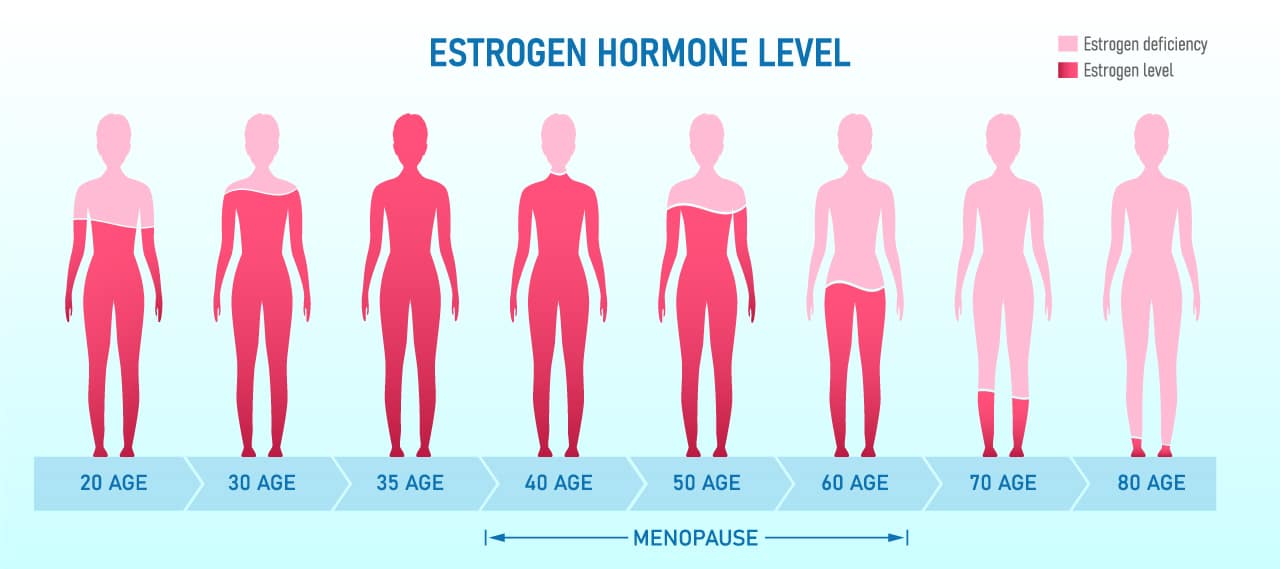
Well that very much depends on how you live your life and how you have been living your life. To a certain extent these hormones carry you throughout life…
…until they don’t and understandably if we haven’t been living in a way that prepares us for their departure it is going to be a bumpy road.
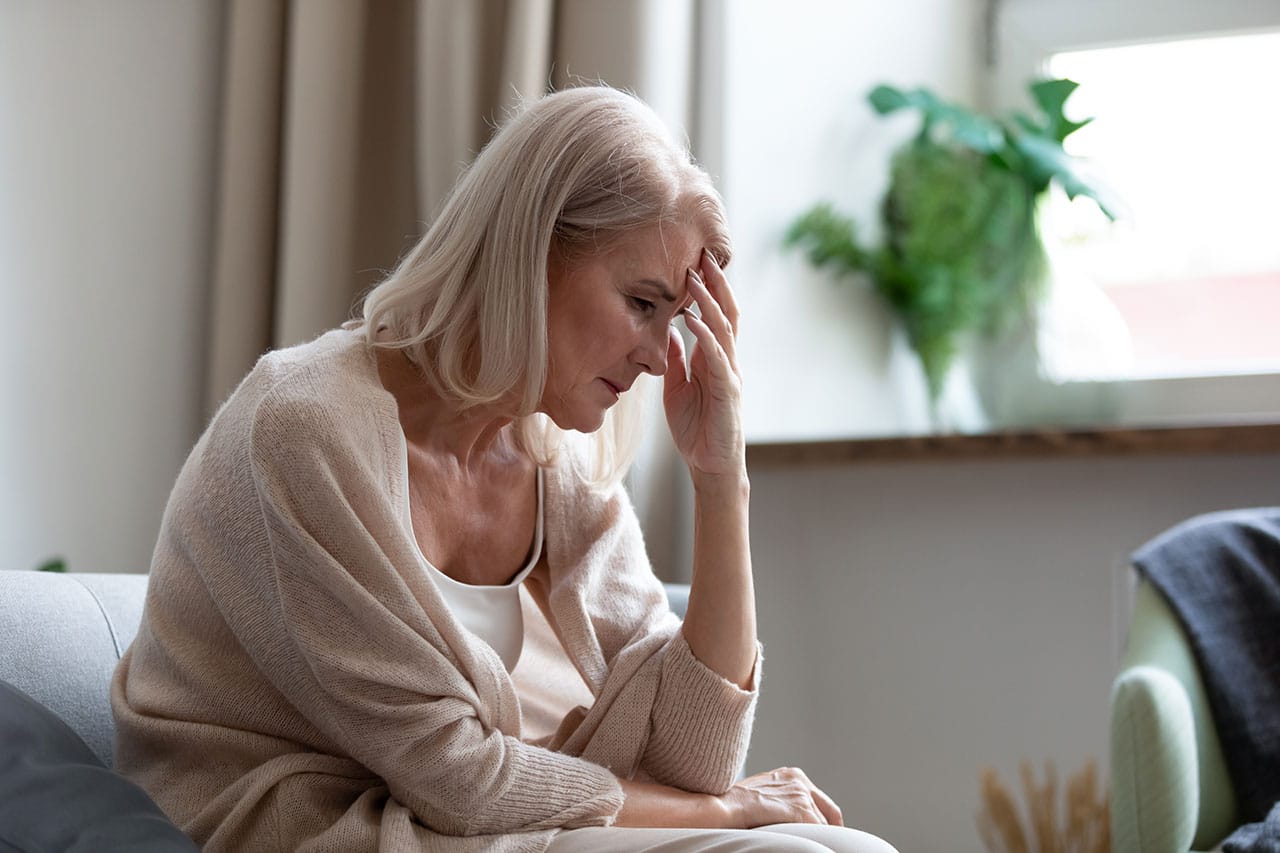
It is ubiquitous these days.
Who doesn’t live in stress?!!
Whether it be our perception of stress, living in the busyness of our seemingly 24/7 lives or actual trauma’s going on in our life at any one moment.
Oestrogen and Progesterone play a big role in how our body regulates stress through our Autonomic Nervous System, our HPA axis (stress response system) and circadian rhythm (sleep-wake cycle).
When these two hormones transition as a woman makes her way into the next phase of life, all of these stress response systems need to completely recalibrate. It’s like a refinement that takes place – our response to stress becomes much more simplified.
So, if we have lived in a way that has been triggering our ‘fight or flight’ stress response on a daily basis then we enter this transition phase with an already reduced capacity to deal with the change.

A connected relationship with our body is paramount and with this comes an acknowledgment of how typical it is for us to live with low-grade (or high-grade) levels of stress that have become our norm.
We just do what we have to do to get through life, right?
Well, what if there is another way?
A very practical and foundational way to move through life that is steady and supportive…rather than draining and overwhelming.
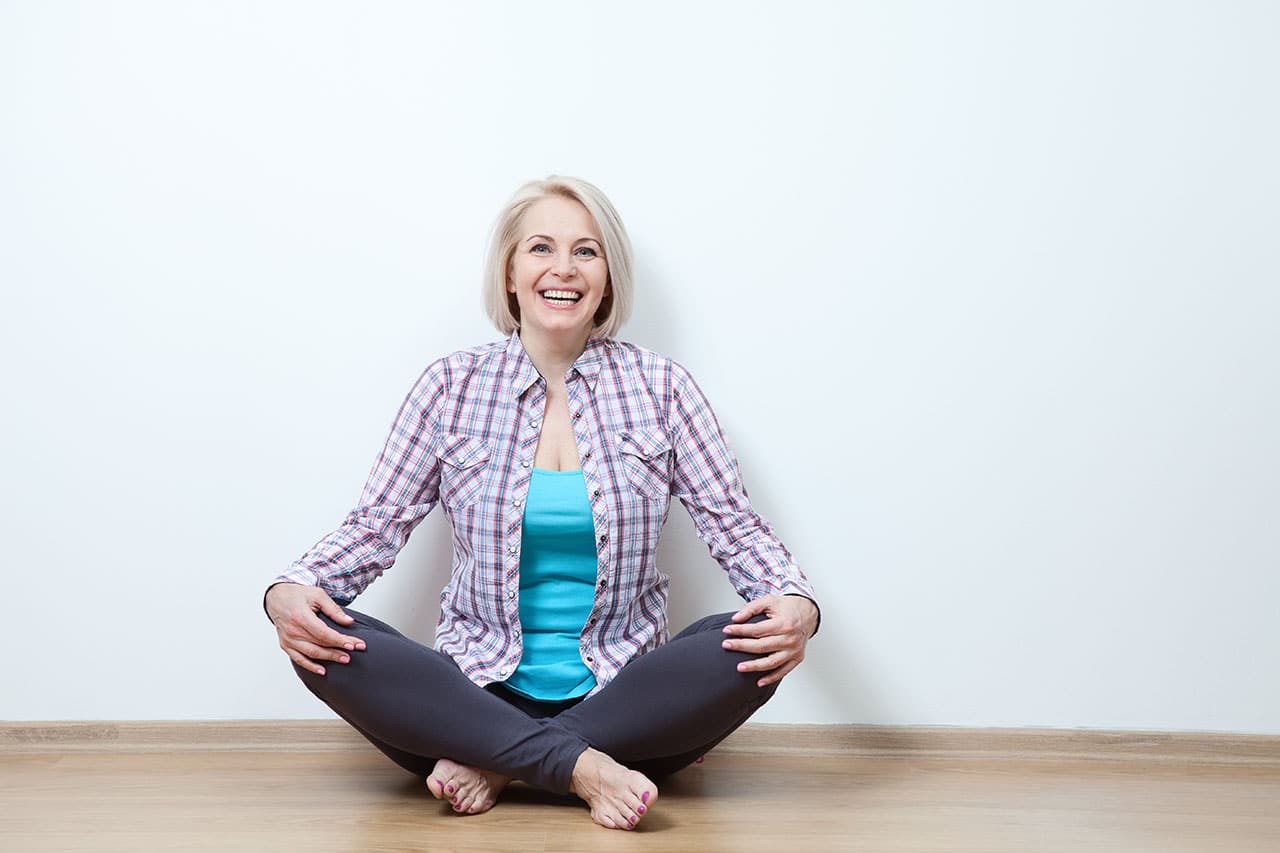
Basically, the states of being in perimenopause and post menopause are asking you to be more honest with yourself, with how you are living.
Post-menopause = menopause being the stop moment = 12 months after your last period, peri being the transition before which can be decades long and post being after your stop moment.
Before this, your hormones gave you buoyancy in life. They compensated for when you faltered. They were your buffer.
After they transition, you become more raw.
Nearly like you are wearing your heart on your sleeve, except it is for you to see not others.
Your body tells you loud and clear all about how you are living whereas maybe before you could get away with it.

So, what are we talking about regarding how you are living?
We are talking about everything from what you put into your body, the quality of your thoughts to the quality of your movements.
Our bodies are designed to be in absolute balance or homeostasis except the problem with this is if we change one thing in our body a cascade of interactions occur to “right” what we have just done to bring us back into balance.

Let’s take our morning coffee.
Prior to our morning coffee our cortisol levels are naturally rising as we come into our wake cycle which is driven by the rising of the sun aka our circadian rhythm.
But when we are in the habit of having a coffee, we kinda disregard this natural internal caffeine hit and we take one that is external. The problem with this is that our body has to adjust by producing adrenaline initially which then causes us to produce more cortisol adding load in our body.
As adrenaline goes up so does our craving for glucose because this is the energy source this system relies on so we often have more sugary foods or if not our body releases glucose from its stores stimulating insulin to come out if it is not utilised, which it often isn’t because there wasn’t a sabre tooth tiger to run or fight if you get where we are heading…
That is the coffee stimulated your “fight or flight” system before you even got to your day.
As your cortisol levels have been disrupted this sets you up for greater dip in your energy levels as the days goes on due to a combination of altered blood sugar levels and the natural ebb and flow of your cortisol anyway.
We often turn to more energy rich food and maybe more coffee to ward this off or we go into a drive to get to the end of the day and you guessed it, the natural winding down that occurs with the setting of the sun and subsequent release of our sleep hormone melatonin is disrupted.
This then affects the quality of our sleep which in turn sends us to our first coffee of the morning again!
Perfect! We are in homeostasis but the dial has been turned up adding load to our system.

We have touched on only one example here but the list is long to uncover the various habits and patterns we fall into on a day to day basis that may not be supporting our bodies before, during and after this transition and it is very individual for each and every person.
For some it is about caffeine intake, for others it is about their perception of stress and how this causes greater adrenaline and cortisol production at the expense of oestrogen and progesterone production (more on this at a later date).
For some it could be alcohol intake affecting the efficiency of how the liver processes what hormones they do have, again affecting balance in the body.
And for others still it could be how they perceive their body as it is changing which may drive some to exercise harder at a time when the body needs more nurturing as it becomes more sensitive.
The thing to remember is that the changes in our body and our hormones are absolutely normal, it is the symptoms of peri and post menopause that while common are not necessarily normal. That is, the world over these changes are happening but the world over the symptoms are not uniform.

Sara and I would love to present more on this subject in the future. In this article we have focused mostly on why things may be happening. There is of course a lot of information and support for those experiencing symptoms in this transition and we will touch on these next time.
In the mean time for more information about your cycles and menopause you can visit followyourflow.com.au
and for more hands on help for your body through this transition you can consult one of the team at www.redohealth.com.au.

We breathe over 20,000 times a day, yet most of us don’t think twice about it. But if you struggle with chronic pain, fatigue, stress,
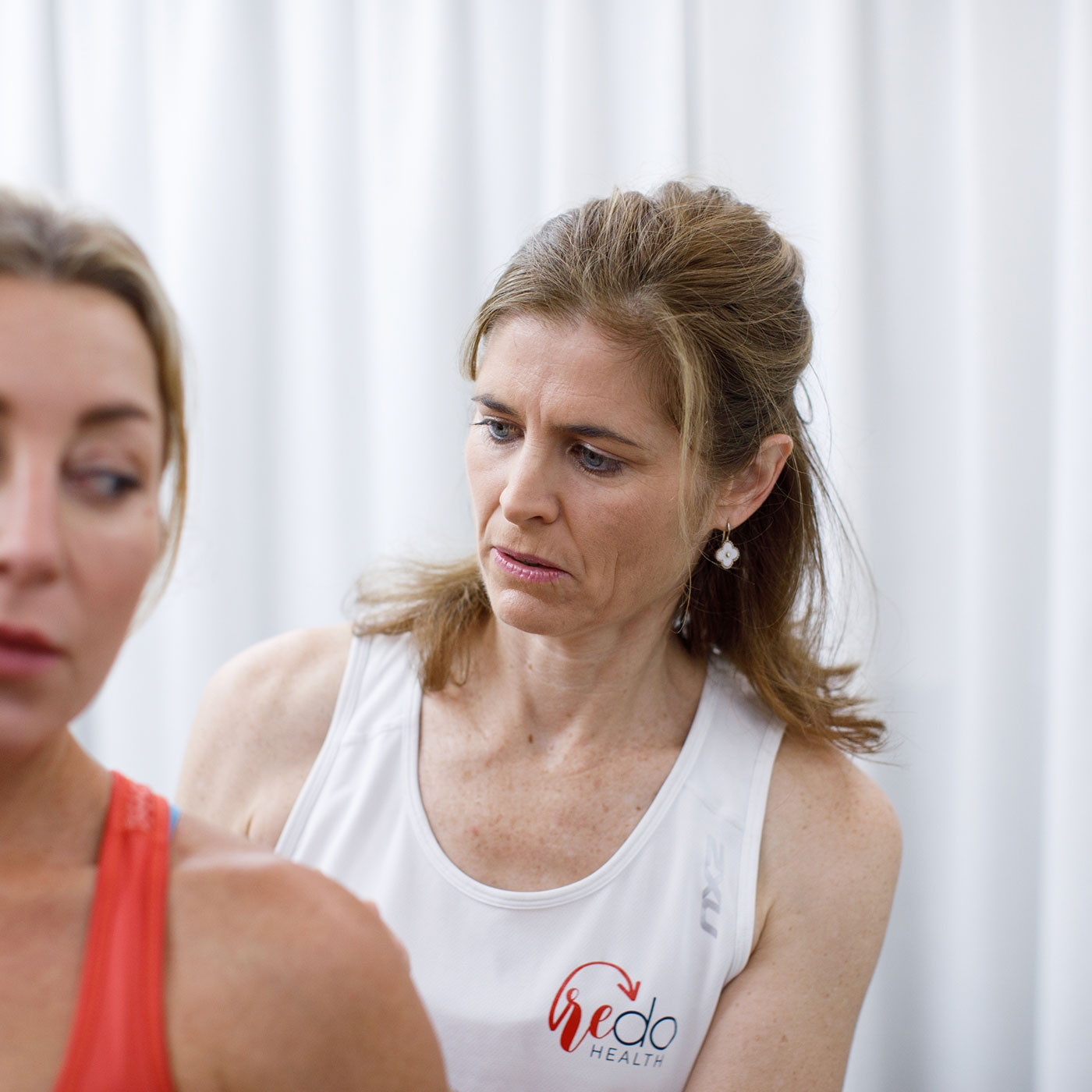
From Melinda… For people who come to my classes and clients who have been seeing me for a while, may have heard some of the
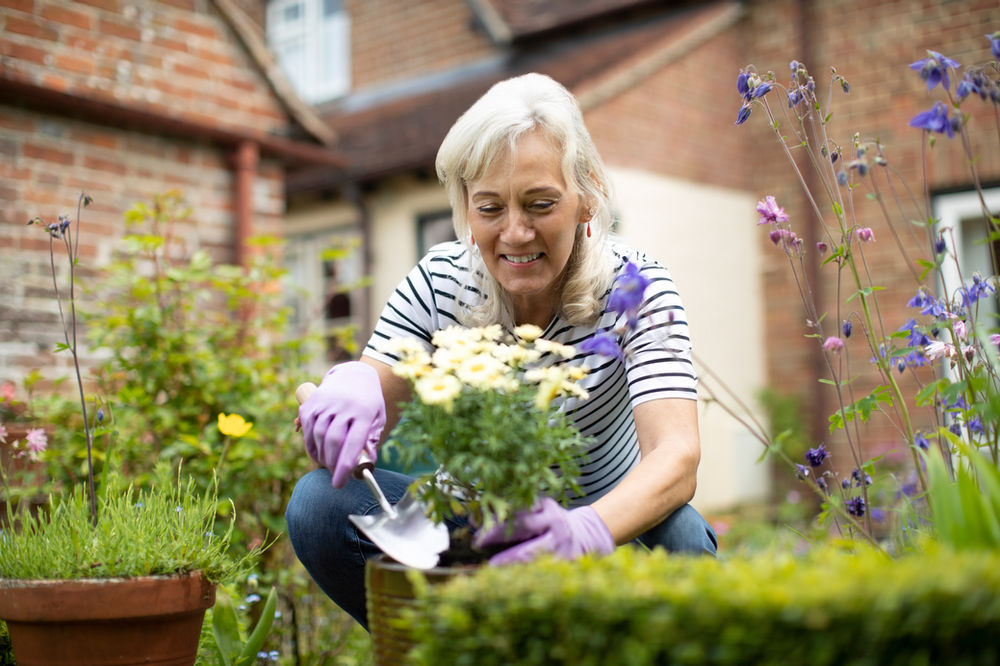
Meet Susan Susan recently suffered a fall attempting to lift a 2.5kg bag of soil overhead in her garden shed when she felt her leg
Sign Up Below To Get Your Free RedoHealth Guide Now

By registering, you agree to receive SMS and email communications from RedoHealth. No spam guaranteed. Unsubscribe at anytime.